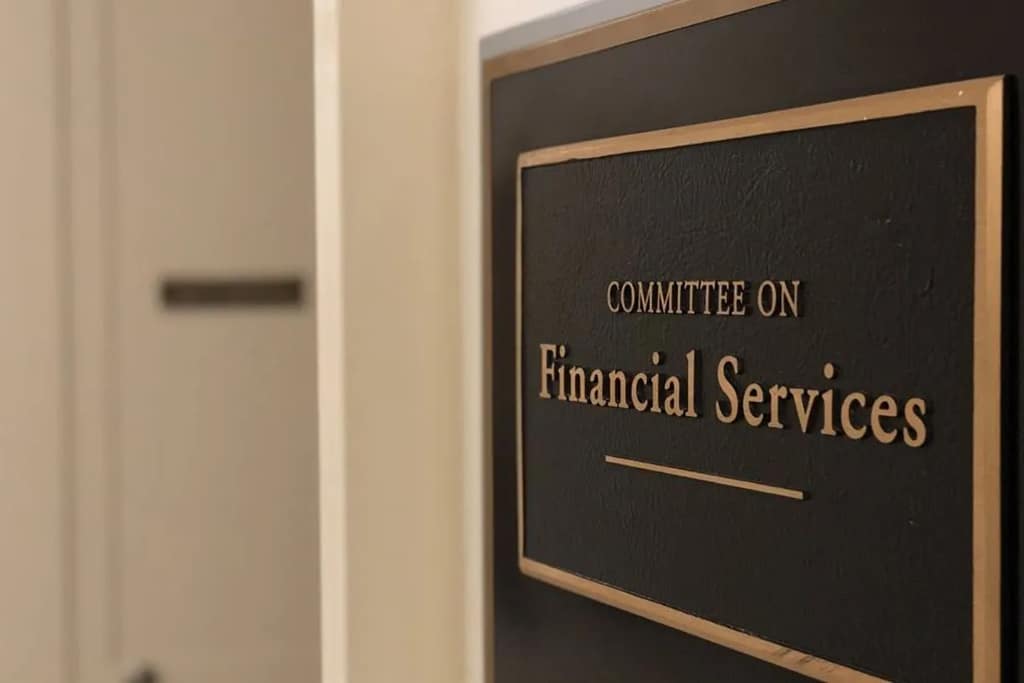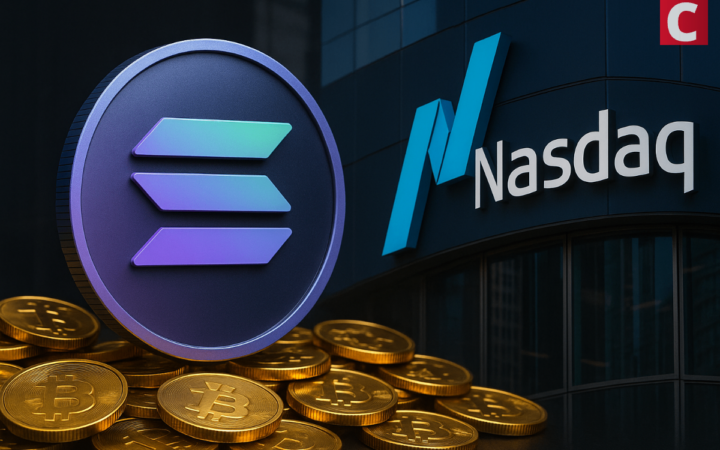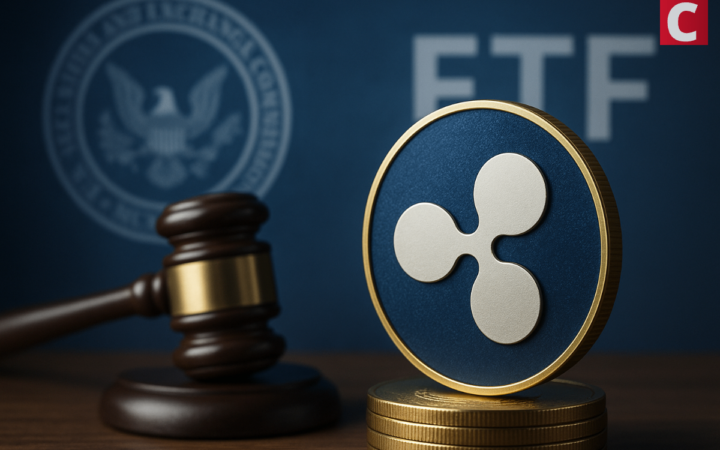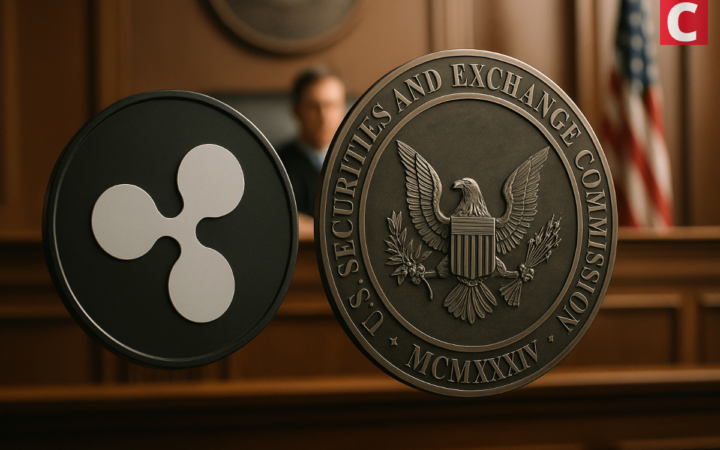
Ibukun is a crypto/finance writer interested in passing relevant information, using non-complex words to reach all kinds of audience. Apart from writing, she likes to see movies, cook, and explore restaurants in the city of Lagos, where she resides.
US lawmakers recently slammed SEC Chair Gary Gensler over “rushed” rulemaking on crypto.
 Edited by Julia Sakovich
Updated
3 mins read
Edited by Julia Sakovich
Updated
3 mins read

On Monday afternoon, Republicans on the House Financial Services Committee revealed a discussion draft of legislation to regulate stablecoin issuers. The new draft by Republicans may revive negotiations with Democrats. GOP aides refer to it as a “starting point” for conversations about stablecoin regulation with House Democrats, the Senate, and the White House.
Last year, the House Financial Services Committee negotiated a bill that would subject stablecoin issuers to Federal Reserve oversight. Part of the aim is also to develop new reserve requirements that serve as security to customers in case of insolvency.
Notably, stablecoins have become popular on crypto platforms. Issued by private entities, the value of this type of crypto is pegged to a traditional asset like the US dollar or a short-term Treasury bill. The stable digital assets market, which operates without a specific legislative framework, is believed to be worth $180 billion.
The recent bill by the Republicans on the Committee is about half the length of the previous one, which was designed “to provide requirements for payment stablecoin issuers, research on a digital dollar, and for other purposes.” The new bill also focuses on the rules governing prospective stablecoin issuers’ registration and approval process. The lawmakers propose that stablecoin issuers be approved and regulated by either a “federal payment stablecoin regulator” or “a registered State qualified payment stablecoin issuer.”
In addition, a condition to being an approved stablecoin issuer, as proposed by the House, is meeting reserve capital requirements. To be approved as an issuer, a stablecoin provider must also provide monthly disclosures of their reserve portfolios. Also, it states that an issuer may be a subsidiary of a federally insured depository institution or a nonbank company regulated by a state or federal.
Furthermore, the bill updates and clarifies US law to confirm that stablecoins are not securities. Hence, the Securities and Exchange Commission should not regulate it. This settles a controversy in the ongoing debate on if tokens are securities and commodities to decide its overseeing agency. The regulating agency could be the SEC or the Federal Trading Commission (FTC).
US lawmakers recently slammed SEC Chair Gary Gensler over “rushed” rulemaking on crypto. The SEC head was asked to defend his regulatory agenda on crypto assets and the pace of its rulemaking. The House Financial Services Committee claimed that Gensler has proposed over X2 as many rules compared to his predecessors.
The House has expressed concerns about the happenings in the crypto space, including its regulation. Hence, the Committee is trying to put some order in the industry with the discussion bill. So far, the latest version of the proposal has no Democratic support.
Disclaimer: Coinspeaker is committed to providing unbiased and transparent reporting. This article aims to deliver accurate and timely information but should not be taken as financial or investment advice. Since market conditions can change rapidly, we encourage you to verify information on your own and consult with a professional before making any decisions based on this content.

Ibukun is a crypto/finance writer interested in passing relevant information, using non-complex words to reach all kinds of audience. Apart from writing, she likes to see movies, cook, and explore restaurants in the city of Lagos, where she resides.





